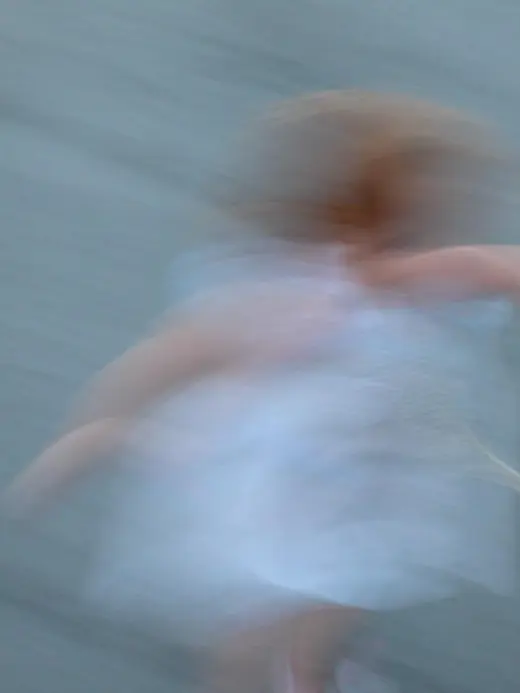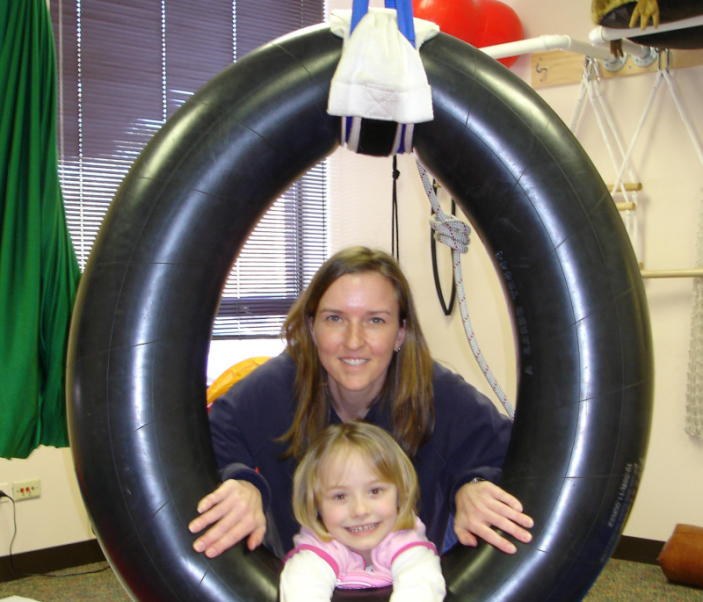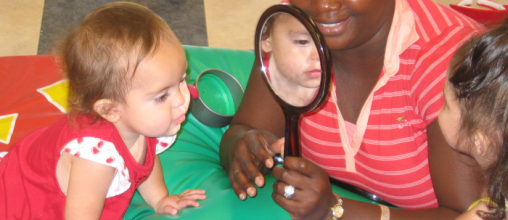While I personally find autism the most challenging and confusing disorder to deal with (perhaps because it is not “one” disorder?), Attention Deficit Disorder-ADD or Attention Deficit Hyperactivity Disorder-ADHD is certainly the most common of all childhood developmental disorders and also has generated the greatest amount of controversy as far as standards of diagnosis, treatment and parenting are concerned.
Undoubtedly, something that affects up to 5-10% of all children will call for a great deal of attention. ADD or ADHD (I generally prefer the second term but there are some kids who are attention deficit but not markedly hyperactive), should be detected as early as possible. What is often considered naughtiness is most often ADHD. In severe instances, the child will be thought of as “uncontrollable”, “terribly disobedient”, and perhaps also “unmanageable”. Hearing any of these terms (or their many cognates) should indicate the need for a professional evaluation.
In older children, once in school teachers will notice the short attention span and perhaps also the fidgetiness that goes with it and may call for an evaluation. Children with ADHD are often as intelligent as their peers or more so but will lag behind in the developmental testing due to the cumulative effecs of the short attention span. It is not uncommon to find dyslexia and or dyspraxia also showing up in a detailed evaluation but more commonly ADHD occurs alone. ADHD is now thought to be a catch-all designation that includes at least 5 or 6 different types of disorders, but you can find out more about that in your own research.
Common signs that we look for include:
-
Consistently not completeing tasks.
-
Not listening or paying attention.
-
Keeps losing things.
-
Swithches from one activity (or play) to another, more frequently than his/her peers.
-
Easlly distractable.
-
Refuses to do things considered “boring” (including homework).
-
Acts without thinking, very impulsive.
-
Needs constant supervision.
-
Seems to have “too much” energy.
-
Climbs, jumps, runs, more often than peers.
-
May be short tempered.
-
Seems to fidget a lot, has difficulty sitting still.
-
Child can be inflexible, argumentative, and stubborn.
The professionals of course will have a much more detailed list and lots of questions to ask about stuff like developmental milestones, but if any of the above seem to apply to your child, do have a child psychologist do a complete evaluation.
So, if you do have a child with ADHD what’s next? depending on the age and the actual developmental level as well as the child’s own personality and what types of symptoms are present, the professionals will give you detailed instrucions. It is also very important that you do get into a support group with those who are also having to learn how to effectively deal with ADHD.
Controversies are many, so here I’m just going to tell you what I think and leave you to research the various issues and decide for yourself.
In my experience medications are almost always avoidable, but here the proviso is what sort of a parent or caregiver you are. If you are the type who finds all this difficult to accept and would rather not be bothered, then perhaps you should ask the psychaitrists to help both you and your child with some pills. Mostly a type of stimulant is used that strangely seems to calm ADHD kids down. But, I do believe that with a little care and the right support, your child probably can avoid needing to be medicated.
You need to start a journal. Note down behaviors, good and bad as they occur as well as stuff like sleep timings, diet – quantity as well as type, and how the child is coping with studies, feedback from teachers, achievements and especially the developmental milestones.
ADHD is treatable.
Stay in close tough with the counselors, teachers and other professionals who are going to be dealing with your child’s ADHD, share ideas, ask questions and make suggestions. Find a team/school that both you and your child are comfortable with and work together to sort things out. We have found that in addition to counseling, occupational therapy, sensory integration and yoga have all proved helpful. Treatment is usually successful when done with a will to succeed. Your child may always have the tendencies, but will slowly learn how to keep them under control, how to concentrate better, and how to be better organised about life and the various tasks that go into making one more successful.
We pay a lot of attention to diet, but there are many who feel that it’s not that big of a deal. Generally, in our experience, cutting carbs and increasing mixed fats and proteins usually helps almost immediately to modulate hyperactivity and more slowly also has an effect on increasing attention spans. But, this may be anecdotal… We have also found that some children are “set-off” by particular foods or spices. If you do your journal properly, you will find your child’s pattern – if there is one!
We have found that identifying each child’s interests is an important first step. It’s much easier to work on the attention span using the child’s own interests as a springboard. Boredom is one of the biggest enemies, so trying a ‘standard formula’ rarely works across the board.
Keep plugging away. Both you and your child should realise that having ADHD does not make one less valuable as a person. The real point is that each and every child should have the best possible shot at realising their own unique potential – and that’s the Challenge!
P.S. There’s lots of half-baked stuff out there. Use your common sense, resarch thoroughly, discuss issues threadbare before jumping on to the latest bandwagon. A little thoughtful hesitation never hurts!



 show improvement and sometimes the improvements will be remarkable.
show improvement and sometimes the improvements will be remarkable. In our experience even severely affected children can show remarkable improvement, so don’t get discouraged and don’t give up hope.
In our experience even severely affected children can show remarkable improvement, so don’t get discouraged and don’t give up hope. d language skills but will still be lacking relationally.
d language skills but will still be lacking relationally.

Recent Comments